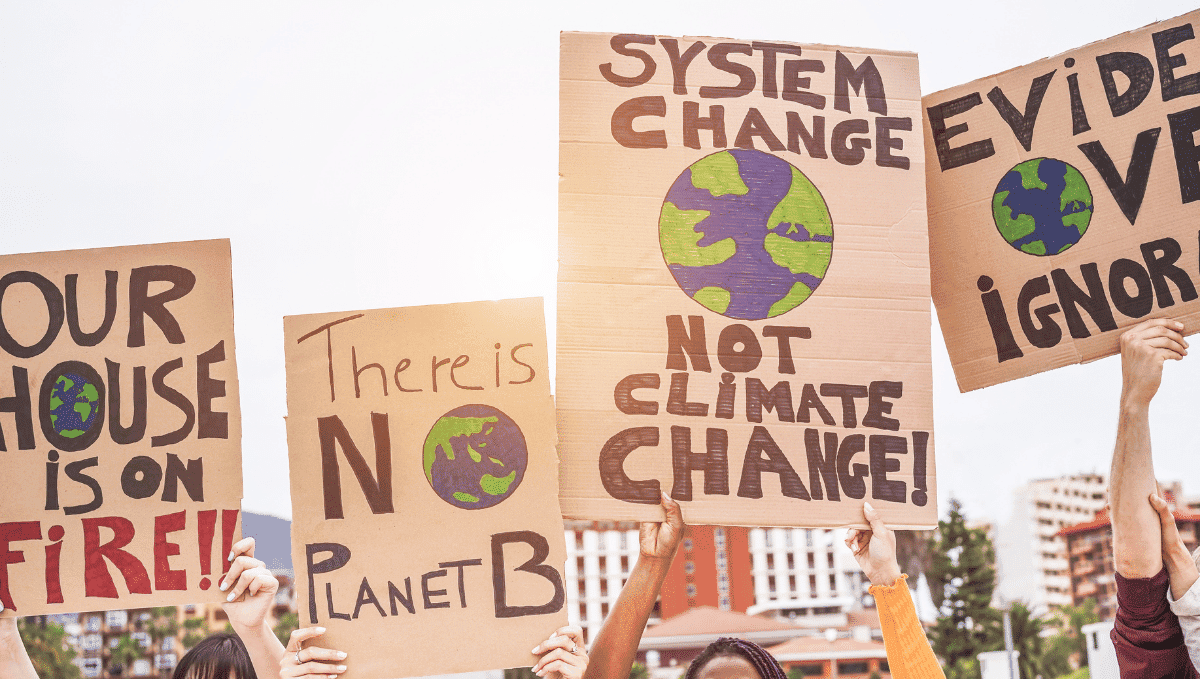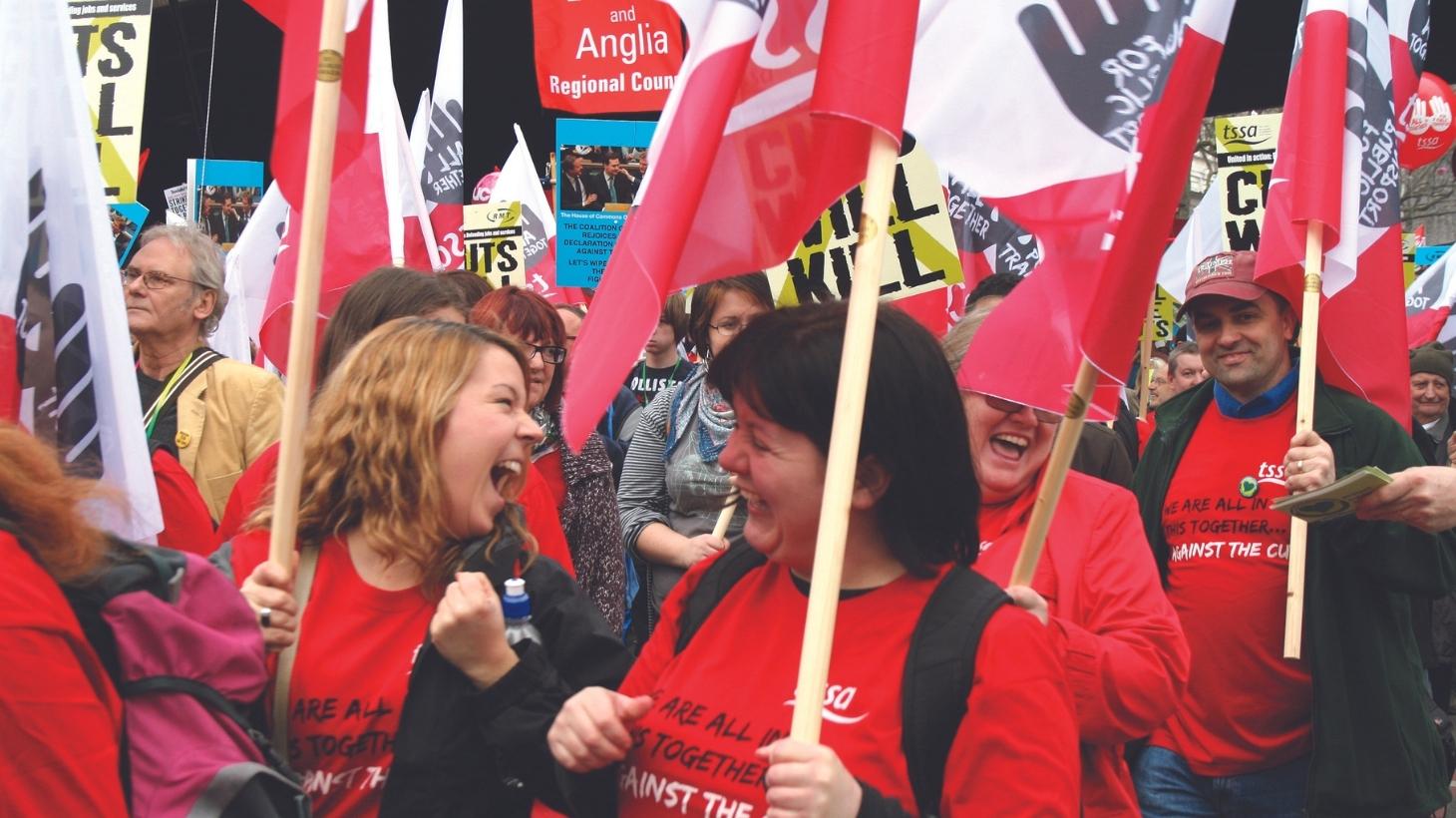Investing in public transport to fight Climate Change

Woburn in Bedfordshire holds the unenviable title of “Wettest Town in Britain” after receiving 9 inches of rainfall in September - more than four times the normal amount of rain for the month. Scientists blame the unprecedented rainfall on climate change.
It’s not just Woburn. September saw devastating floods across the world, in Libya, Austria, China, Brazil, and many other countries, causing many thousands of deaths.
Experts say urgent action is needed now. But to fight climate change we need structural solutions rather than individual goodwill. Simply asking people to turn the thermostat down a degree isn’t cutting it.
Transport creates more greenhouse gas emissions than any other sector in Britain, ahead of energy and agriculture. Domestic flights cause 273 grams of CO2 emissions, more than double that of buses and almost eight times the amount caused by trains over the same distance. Private cars meanwhile cause 164 grams per kilometre.
Whilst walking and cycling cause zero emissions and offer health benefits, they are only practical for short journeys. For many commuters, and for longer distance leisure travel public transport is the only alternative. But for that to happen public transport has to be more appealing.
The last few decades have seen the erosion of public transport in rural areas. Unprofitable bus routes have been shut down or reduced to the point where they are no longer a convenient, or even viable option for commuters. In urban areas buses and trains are still too unreliable and crucially too expensive.
For people to regularly make the climate friendly choice it has to become the convenient choice. That means more frequent services on bus and train, more bus lanes, services that reach more rural areas. Crucially though, the climate friendly choice has to be the cheaper choice.
That is possible, if the political will is there. In Portugal the government has recently announced a “Green Rail Pass” which will allow travel on most of the country’s rail services for just 20 euros a month. Scotland recently experimented with cutting peak fares and found that it did lead to commuters swapping their cars for the train. But our politicians have to be willing to be bold.
Boldness is hard for politicians. So is spending public money on long-term projects. But unless we take the bold, expensive choices now we will all, like Woburn, be living with the painful consequences of climate change.

